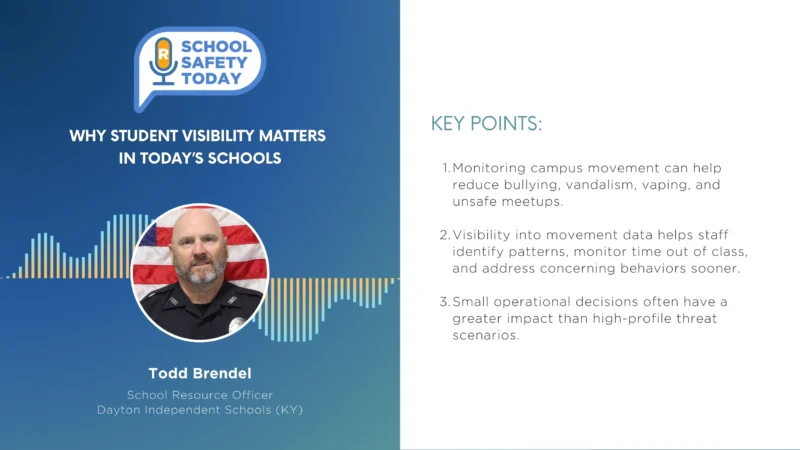Can Early Learning Curriculum Adapt To A Kindergarten Bubble?
Due to the COVID-19 Pandemic, kindergarten and pre-k programs are seeing a bubble after enrollment was disrupted. Early learning curriculum will have to figure out a way to respond and prepare for current and future shifts in demographics.
Voice of B2B, Daniel Litwin, talked with Dr. Denise Winsor, Associate Professor, Memphis University, and Dr. Annie George-Puskar, Assistant Professor, Fordham University’s Graduate School Of Education, about how the pandemic created this early learning bubble and what programs will have to do to pivot.
An NPR survey found that Pre-K and Kindergarten enrollment dropped 16 percent in Fall 2020. Early childhood curriculum via remote learning might not make a ton of sense for early learners, so parents either have to teach at home or send them to private schools. These options might not also be available for some parents. Funding has played a role, according to George-Puskar. Another is teacher preparation and how they can support students returning to school, which might include various ages, as some parents have deferred the start of school.
“You could potentially have classrooms of four-year-olds up to six-year-olds in one class,” George-Puskar said.
It will be necessary for schools and administrators to support teachers. One of the ways they will have to do this is to shift funding. According to Winsor, the question always arises of how schools can pay for these shifts and at what level. Learning will also come down to the individual, as some students might have kept up during the pandemic, and some might be behind.
Follow us on social media for the latest updates in B2B!
Twitter – @MarketScale
Facebook – facebook.com/marketscale
LinkedIn – linkedin.com/company/marketscale








